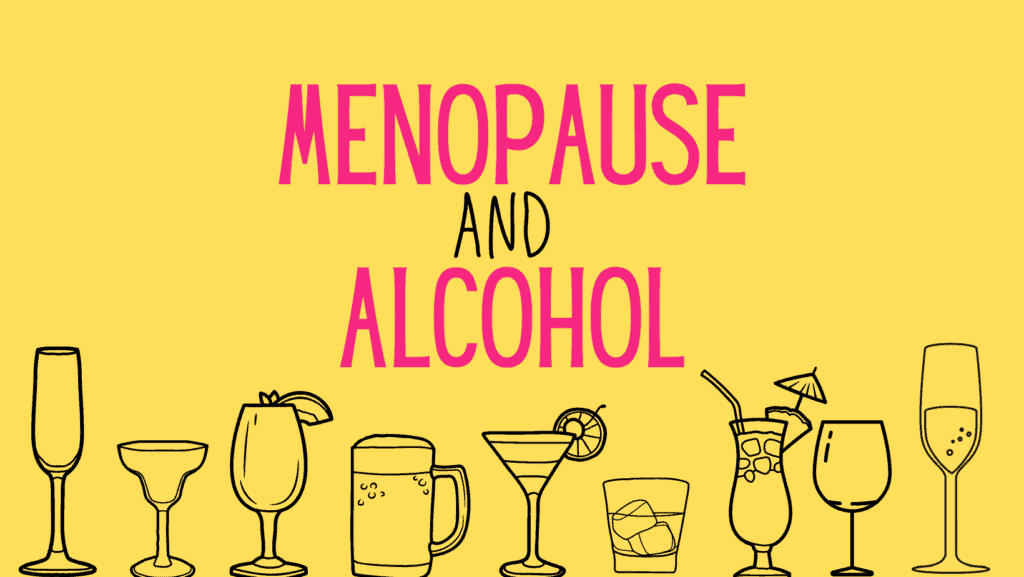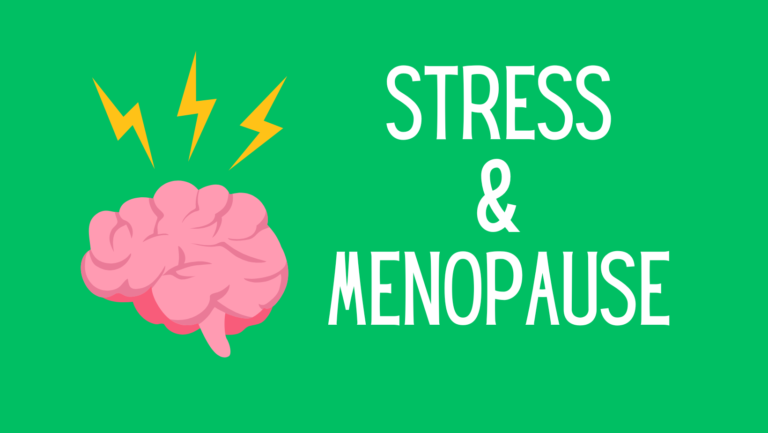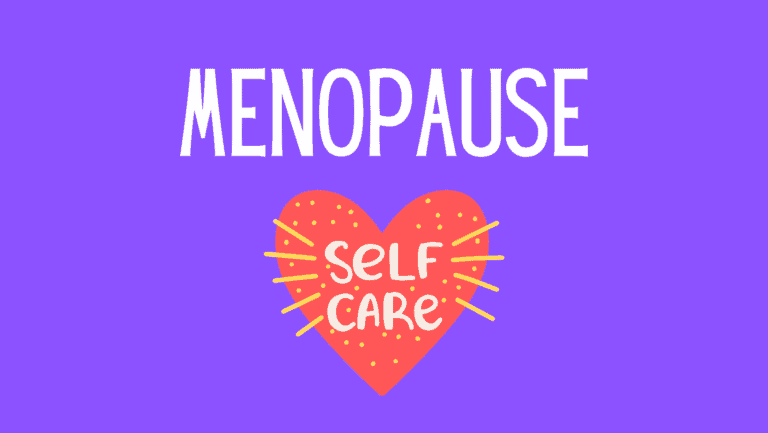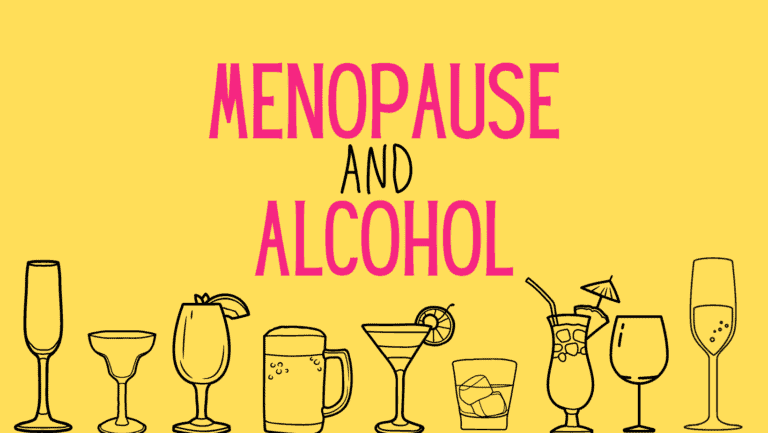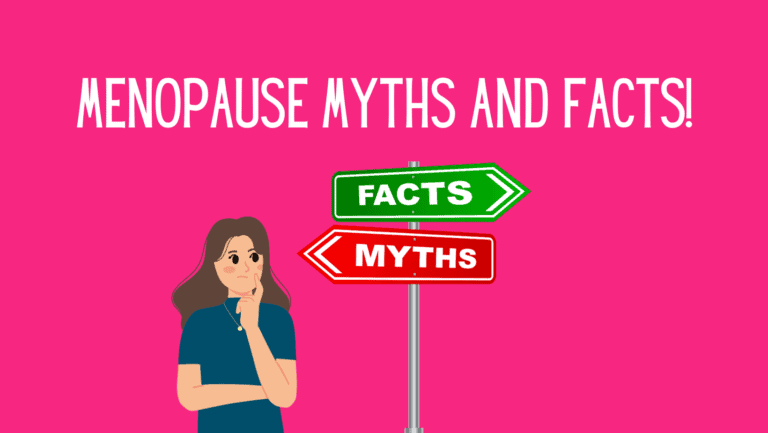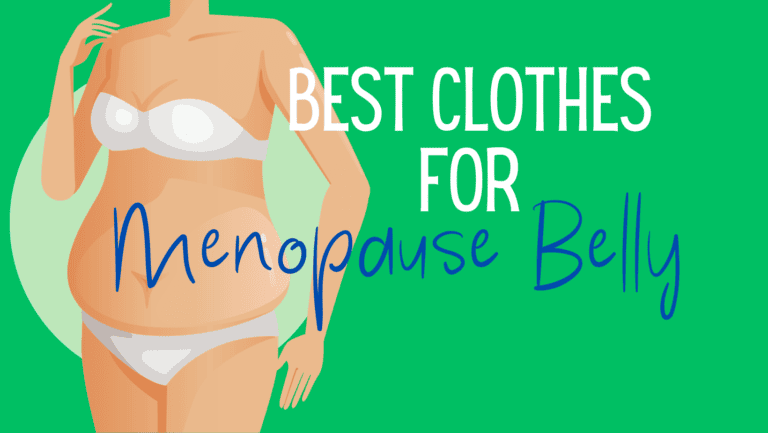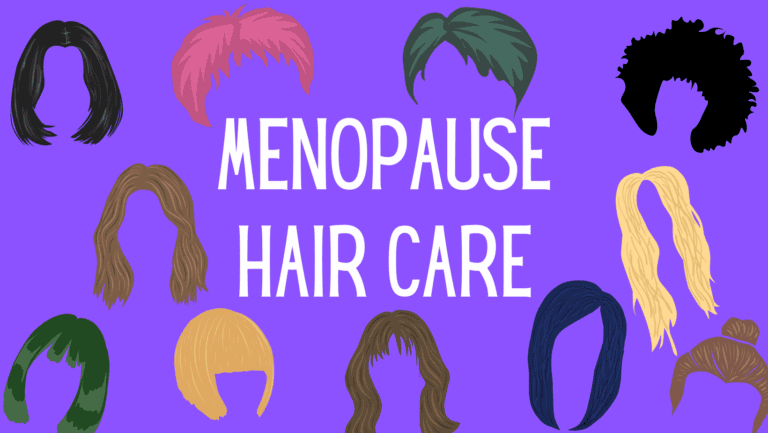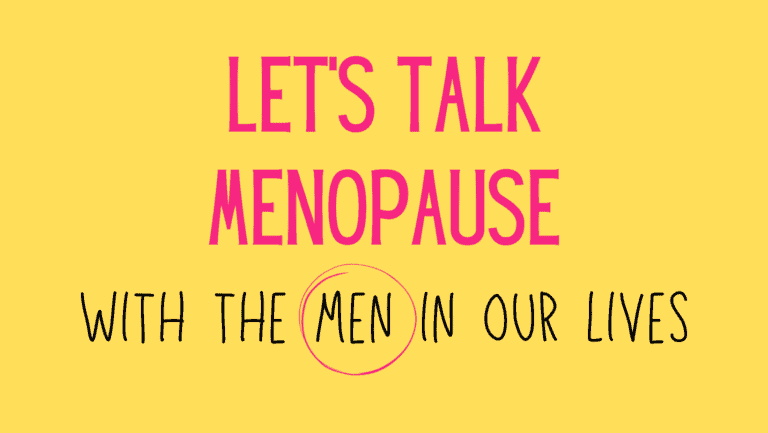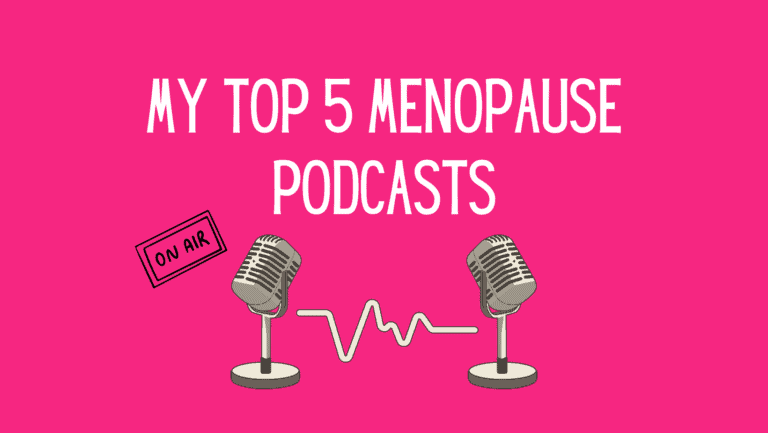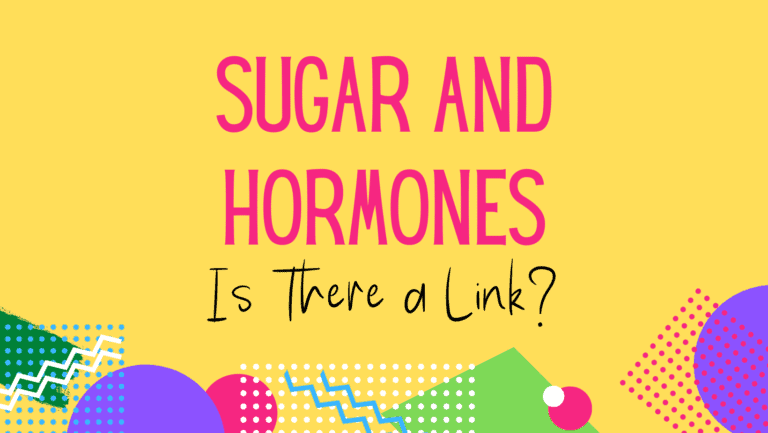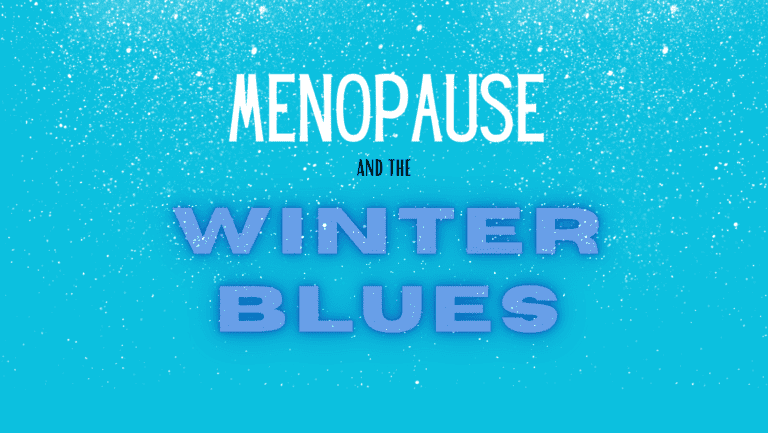For me, realising that the mixture of menopause and alcohol was no longer serving, me was a tough time.
Alcohol has always been such a huge part of my life. My Mum is French and my Dad is Scottish so having wine with dinner and a whisky in the evening was part of who I was.
But, then came perimenopause and everything changed.
I would feel quite drunk from one glass of wine and would feel like I had been in a session the next morning. Why was drinking alcohol making my perimenopause symptoms worse?
Having a big night out would write me off for days and would usually end up in my throwing up. I felt like a teenager again.
It was all so weird. Drinking alcohol was one of my favourite ways to relax on a night.
So this post will look into this new era.
For those of you, like me, who are thinking of quitting for good, let’s see what is going on with our bodies.
Why alcohol and menopause dont mix

It’s crucial to acknowledge that the effects of drinking alcohol can be quite distinct for women during menopause compared to other stages of life or even compared to our male counterparts.
Here are some key reasons why menopause and alcohol are not friends:
Hormonal Changes: Estrogen and progesterone levels significantly drop during menopause, altering the body’s response to alcohol. Estrogen can affect the rate at which alcohol is metabolized, with lower levels, women may find that they become intoxicated more quickly or that the effects of alcohol last longer.
Body Composition Changes: As women age, especially during and after menopause, there’s often an increase in body fat percentage and a decrease in water content. Since alcohol is distributed in body water, a lower water content means a higher concentration of alcohol in the bloodstream, leading to increased sensitivity to alcohol.
Liver Metabolism: The liver’s efficiency in metabolizing alcohol can decrease with age, contributing to higher blood alcohol levels and prolonged effects of alcohol.
Increased Susceptibility to Alcohol’s Effects: Postmenopausal women may be more susceptible to the sedative effects of alcohol, and it can exacerbate symptoms of menopause such as hot flashes, night sweats, and mood disturbances.
Risk of Chronic Conditions: Menopause increases the risk of developing certain chronic conditions, such as osteoporosis and heart disease. Alcohol can influence these conditions negatively, affecting bone density and cardiovascular health.
Medication Interactions: Women during menopause may be more likely to be on medications (for chronic conditions, mood swings, or menopause symptoms), and alcohol can interact with these medications, altering their effectiveness or leading to adverse effects.
The combination of these factors means that alcohol can affect women more profoundly during menopause.
Given these considerations, it’s important for us women going through menopause to be mindful of our alcohol consumption and be aware of how these changes might affect our relationship with alcohol.
It’s also advisable to consult healthcare professionals for personalised advice and guidance on managing alcohol consumption during this time.
Listen, if you think you are drinking excessive alcohol, there are lots of great places out there to get help and I have linked to some below.
We all know that moderate alcohol consumption is the way to go but I know I have relied on alcohol to help me cope with being a perimenopausal woman, with two growing sons, a busy full-time job and a home to run.
You will get no judgment from me, just support.
Menopause, hot flashes and alcohol

Navigating menopause is undoubtedly challenging, with its array of unpredictable symptoms such as hot flashes, anxiety, and difficulties with sleep.
Mixing alcohol and menopause can exacerbates these symptoms, intensifying the heat and mood fluctuations, while further disturbing sleep patterns.
It’s a tough realisation, especially when that glass of red wine at the end of the day feels like a much-needed respite.
However, alcohol’s effect on the body during menopause is more akin to fanning the flames of already fluctuating hormones, making it worthwhile to reconsider its comforting role.
Sadly, for those of us who enjoy unwinding with a glass of wine, research suggests that alcohol may indeed escalate the frequency and intensity of hot flushes.
This is because alcohol can interfere with the body’s hormonal balance, contributing to exacerbated menopausal discomfort.
Reducing alcohol intake could be a significant step toward managing these symptoms more effectively and maintaining a sense of cool and balance during this transitional time.
Sleep, Menopause and alcohol

Now, about the bedtime story, nobody asked for but is relatable during menopause – how alcohol messes with your sleep.
Imagine finally hitting the pillow after a long day, only to find yourself starring in the wide-awake-at-3-am club, courtesy of that wine (insert any other alcoholic drink you like here)
My once favourite way to help me relax has turned against me and now all I have is anxiety and lack of sleep dread.
Alcohol can initially make you feel sleepy, but as the night goes on, it stages a coup against your sleep cycle.
It disrupts REM sleep – the restorative kind that makes you feel like a superhero in the morning.
Plus, it can amplify those pesky menopausal symptoms like hot flashes and night sweats, turning your bed into a not-so-tropical, sweat-filled getaway.
The moral of the story? Swapping out the red wine for a soothing cup of tea might just be the plot twist your sleep routine needs.
Does Giving up alcohol help menopause?

Giving up alcohol during menopause can offer several benefits, contributing to improved overall health and well-being.
The physiological and hormonal changes that occur during menopause can be exacerbated by alcohol, so abstaining from it can help mitigate some negative effects.
Here are the key benefits:
Improved Sleep Quality: Many women experience sleep disturbances during menopause. Alcohol can further disrupt sleep patterns and decrease sleep quality. Giving up alcohol can lead to better, more restful sleep, which is crucial for managing menopause symptoms effectively. If I don’t get enough sleep every other symptom seems so much worse.
Reduced Hot Flashes and Night Sweats: Alcohol can trigger or worsen hot flashes and night sweats, common symptoms of menopause. Abstaining from alcohol can help reduce the frequency and severity of these symptoms. One glass of red wine and my cheeks turn just as red, full-on cherub.
Weight Management: Alcohol is high in calories and can contribute to weight gain, a common concern during menopause due to hormonal changes and ageing. Reducing alcohol use can help in managing weight and reducing the risk of obesity. I gave up alcohol for 6 months and I lost over a stone in weight…
Lower Risk of Breast Cancer: There is an increased risk of breast cancer associated with alcohol consumption, and this risk can be higher in postmenopausal women. If cutting out booze can help lower this risk then I will go for it.
Improved Liver Function: Excessive alcohol use can lead to liver damage. By giving up alcohol, you reduce the risk of liver disease and improve liver function, which is crucial for metabolizing hormones and other substances.
Enhanced Mental Health: Menopause can be a challenging time emotionally and psychologically. Alcohol can exacerbate mood swings, depression, and anxiety. Cutting out alcohol can lead to improvements in mental health and emotional stability, offering a clearer, more balanced mindset during menopause.
Better Absorption of Nutrients: Alcohol can interfere with the body’s ability to absorb vital nutrients such as vitamins and minerals, which are especially important during menopause for bone health and overall vitality. Giving up alcohol can improve nutritional status by enhancing the absorption of these nutrients.
Decreased Risk of Osteoporosis: Alcohol can affect bone density, increasing the risk of osteoporosis, a concern for postmenopausal women due to decreased estrogen levels. Abstinence from alcohol can help maintain bone density and reduce the risk of fractures.
Improved Heart Health: Menopause increases the risk of cardiovascular disease, and alcohol consumption can further elevate this risk. Giving up alcohol can lower blood pressure, reduce the risk of heart disease, and improve cholesterol levels.
Better Hydration: Alcohol is a diuretic, leading to dehydration, which can exacerbate menopause symptoms like dry skin and irritation. Abstaining from alcohol can improve hydration levels, benefiting overall health and skin condition.
By giving up alcohol during menopause, we can mitigate some of the adverse effects of menopause, support our body through this transition, and enhance our overall health and well-being.
As always, it’s beneficial to consult with healthcare providers for personalised advice and strategies to manage menopause effectively.
What Is a Unit of Alcohol?
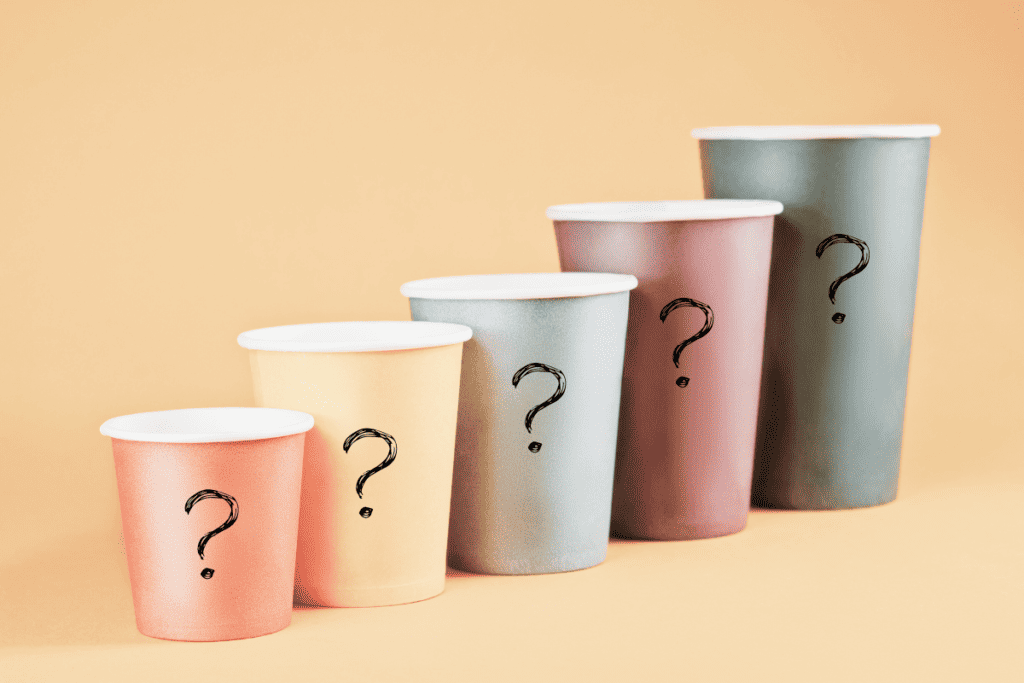
In the UK, a unit of alcohol is defined as 10 millilitres (ml) or 8 grams of pure alcohol.
This is the amount of alcohol the average adult can process in about an hour.
Understanding what constitutes a unit of alcohol can help people gauge their alcohol consumption more accurately. For example:
A standard glass of wine (175ml) at 12% ABV contains about 2.1 units of alcohol.
A pint of low-strength beer or cider (568ml) at 3.6% ABV contains about 2 units.
A single shot of spirits (25ml) at 40% ABV contains 1 unit.
The current UK guidelines recommend that both men and women should not regularly drink more than 14 units of alcohol per week.
This guideline is designed to keep health risks from alcohol consumption low.
The guidelines also suggest that some days should be alcohol-free to reduce the risk of developing health problems related to alcohol, such as liver disease, heart disease, mental health problems, and cancer.
It’s important for everyone, including menopausal women, to be aware of these guidelines and consider their health circumstances and risks when making decisions about alcohol consumption.
Being informed can help us make choices that support our overall health and well-being.
Help with giving up alcohol
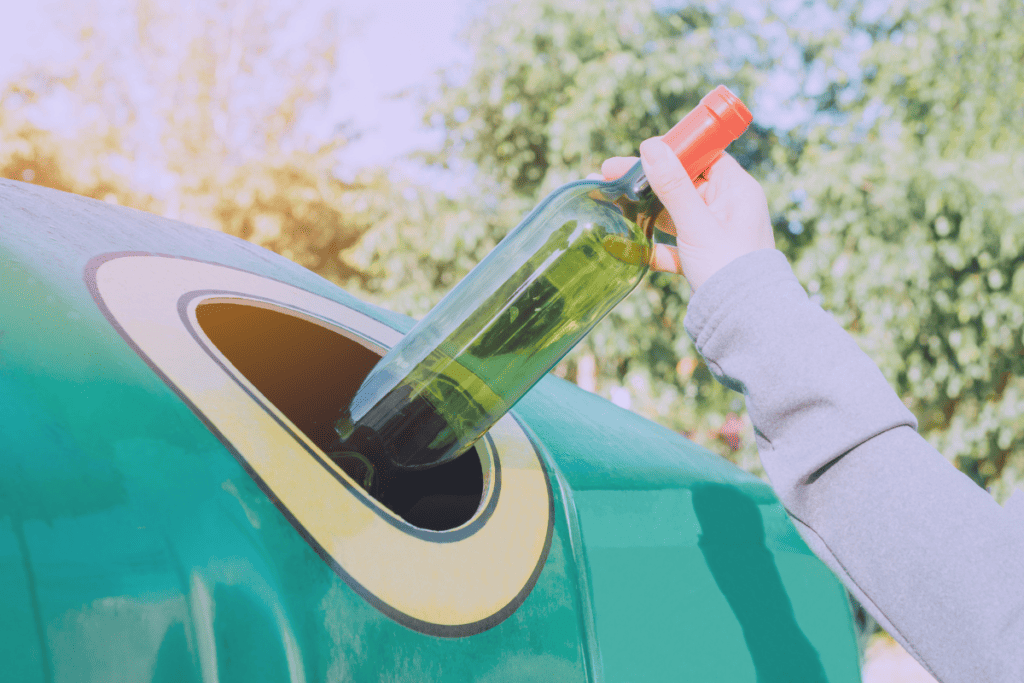
The best advice for kissing goodbye to alcohol, especially during the menopausal rollercoaster, is to start small and be kind to yourself.
Think of it as swapping rather than stopping – exchange your usual drink for something fun and non-alcoholic, like sparkling water with a twist of lime.
I enjoy a drink called Trip. It may not be for everyone but it gives me a sense of calm at the end of the night. Last night I had one in my usual gin glass with ice and a slice…
I have also started having a 0% Tanqueray gin with a tonic. It tastes the same and I think there is some placebo effect. I always feel relaxed even though my brain knows it’s alcohol-free.
Surround yourself with a supportive squad that cheers on your choices, and don’t beat yourself up if you slip up.
Every step, even the teeny tiny ones, takes you closer to feeling more like the fabulous you.
Getting help with cutting back on alcohol intake
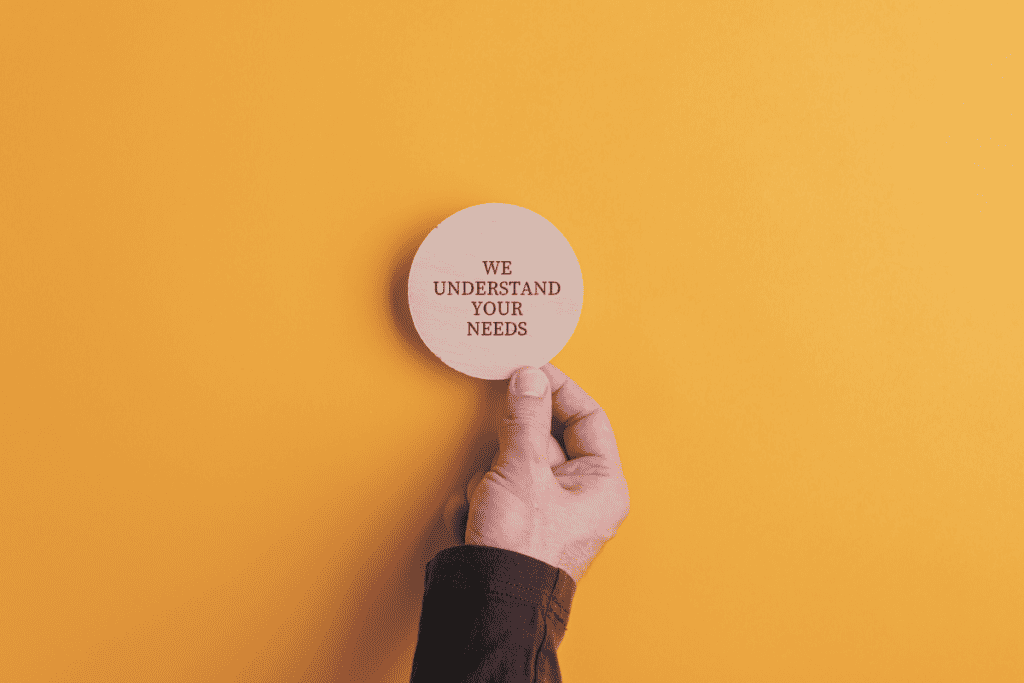
Finding the best UK resources to help you press pause on drinking can feel like stumbling upon a treasure map in your quest for a healthier lifestyle.
Here are a few shining gems in the online world that are just waiting to offer support, ideas, and a bit of fun along your journey:
NHS Alcohol Support: It’s like having a wise friend who knows all about health – straightforward, reliable advice, including tips on cutting down and where to find local services. (https://www.nhs.uk/live-well/alcohol-support/)
Alcohol Change UK: This is your go-to hub for info on alcohol-free living. It’s jam-packed with resources, personal stories, and an app to track your progress. Think of it as your cheerleader, rooting for you every step of the way. (https://alcoholchange.org.uk/)
Club Soda: Imagine a clubhouse where everyone wants to live well without booze. Club Soda offers courses, webinars, and an incredibly supportive community. It’s like the cool club you never knew you needed. (https://joinclubsoda.com/)
Soberistas: Picture a warm, inviting online forum where people share their no-alcohol victories and challenges. It’s all about positive vibes and understanding here. (https://soberistas.com/)
Mind: Because mental health and alcohol use are often intertwined, Mind provides invaluable support and insights for keeping your mind as healthy as your body wants to be. https://www.mind.org.uk/information-support/types-of-mental-health-problems/recreational-drugs-alcohol-and-addiction/support-for-drug-and-alcohol-problems/
Tapping into these resources can turn the dial down on drinking and up on fun, authenticity, and empathy for yourself.
It’s all about making the journey enjoyable and realizing you’re not going it alone.
Does alcohol affect post-menopausal women
I would love to be able to tell you that once we are “out the other side” of menopause, alcohol can be back on the cards but the truth is, that’s not the case.
Being post-menopausal does not mean that we go back to our pre-menopause state. We are still at risk of all the issues I have gone through above.
It is so important that we take care of ourselves from the moment we enter perimenopause and, well, for the rest of our days.
I am not a doctor but the evidence I have read, books I have poured over and blogs I have consumed all lead to the same thing. I need to cut down, if not cut out, alcohol intake.
Summary
In the realm of ditching booze and jumping on the sobriety train, it’s easy to feel like the odd one out.
But, as we’ve explored, there’s a whole universe of support and camaraderie waiting to wrap you in a bear hug.
From NHS local services offering a sturdy foundation, to Alcohol Change UK cheering you on as you track your alcohol-free days, and Club Soda’s courses that arm you with knowledge.
Remember, cutting back on alcohol doesn’t mean cutting back on fun or connections. It’s about rediscovering them in a more authentic, healthier way.
Armed with the right resources and a community that gets it, you’re not just surviving without alcohol; you’re thriving.
And listen, if you do not want to cut out alcohol entirely then just cutting back will help a lot. You do you, this is your journey and you get to take whichever road you want.
Just be kind to yourself, if alcohol no longer serves you, there is a lot you can do.
Kathryn x
Kathryn
Disclaimer: I am not a medical professional, herbal or physical therapist, and I am not educated in the menopause space. All opinions expressed on this blog are my own and should not be taken as medical advice. This blog is intended to share my personal experiences and insights, and should not be used as a substitute for professional advice. Please consult a qualified medical professional, herbal or physical therapist for any health-related concerns. Additionally, I strive to keep things light and entertaining, but please keep in mind that the topics discussed on this blog may be sensitive or triggering for some readers.
Get Your Free Perimenopause Symptom Checker
Thank you!
Your symptom checker is on its way to you!
